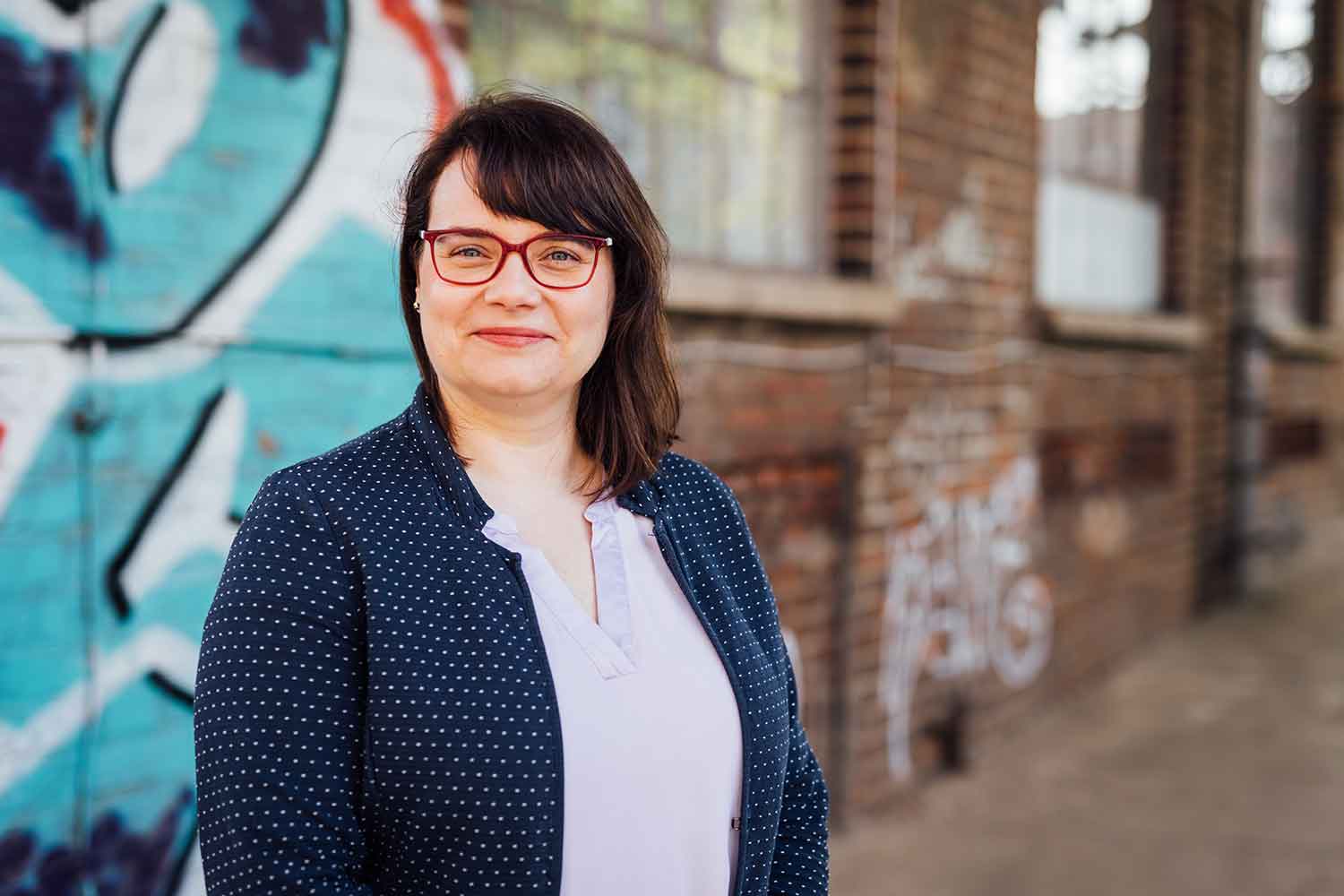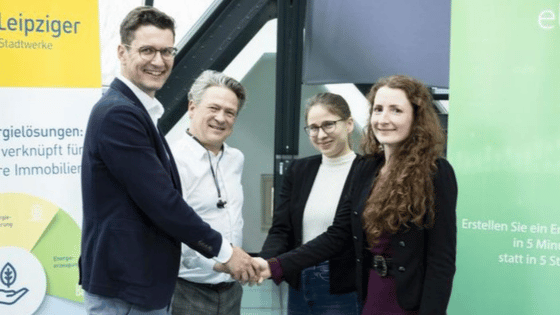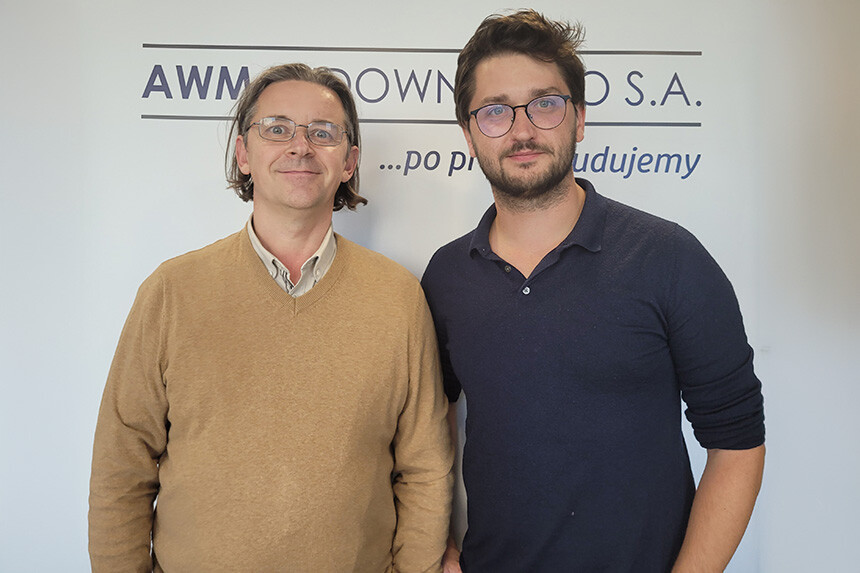Aging roads, more extreme weather, and increasing traffic amplify the need for quick, cost-effective, and sustainable road repairs. Hot asphalt is ideal, but winter damage often leads to costly repairs with cold asphalt, harmful to the environment. Leipzig startup RWInnoTec offers a solution: a portable system providing hot asphalt directly on-site, anytime.
RWInnoTec and Leipziger Verkehrsbetriebe (LVB) GmbH, along with their subsidiaries, embarked on a collaborative project aiming at revolutionizing road repair processes. This project sought to address a common yet critical issue: the timely and efficient repair of minor damages in asphalt surfaces. With RWInnoTec’s innovative approach, minor damages in asphalt surfaces, such as potholes, can be readily addressed by utilizing hot asphalt directly on-site. The key to this innovation lies in the direct heating of asphalt using radio waves, akin to microwave heating, enabling quick and environmentally friendly repairs at any time.
.jpg?width=800&height=450&name=SIH%20Blog%20RWInnoTech(1).jpg) Startup RWInnoTEc based in Schkeuditz near Leipzig. Photo: RWInnoTec
Startup RWInnoTEc based in Schkeuditz near Leipzig. Photo: RWInnoTec
Advancing Project Management Through Innovation
Beyond the technological innovations, the project aimed to advance the field of project management, particularly in the context of digital collaboration between established companies and startups. By engaging in practical testing and knowledge transfer, a fertile ground for the exploration of various project management methodologies was provided. The overarching goal was to simplify collaborations and foster innovation within the construction industry. Through the exchange of ideas and experiences, both parties identified and overcame existing technical deficits and collaboration hurdles.
Testing the Waters and Overcoming Challenges
To assess the practical applicability of the introduced technology, several on-site scenarios were meticulously planned and executed. One such scenario involved testing the prototype in challenging weather conditions, including low temperatures and occasional drizzle, simulating real-world scenarios encountered during road repairs.
One of the primary challenges faced during testing was the size and logistical constraints of the system, particularly in urban settings with narrow streets. Regulatory requirements, including safety measures and traffic management, further complicated the implementation process. However, the project team remained undeterred, actively exploring innovative solutions to overcome these challenges. One such solution involved exploring alternative repair methods, such as repairing cracks without additional asphalt, to minimize space requirements and reduce administrative burdens.
Towards Market Readiness and a Sustainable Future
The feasibility collaboration underscored the immense potential of radio wave technology in revolutionizing road repair processes. The project laid the groundwork for future advancements in the field, while the prototype will be further developed for enhanced practicality and economic feasibility.
As the project progresses, RWInnoTec and LVB will continue to explore opportunities for collaboration and innovation. Joint inspections of the renovated areas will provide long-term, valuable insights into the effectiveness of the technology in real-world applications. Moreover, ongoing discussions and collaborations aim to prioritize further research and development efforts, with a keen focus on sustainability and environmental stewardship. By harnessing the collective expertise and resources of both established companies and start-ups, the project partners are poised to usher in a new era of efficiency and sustainability in road repair processes.
Through SpinLab’s corporate innovation services, established companies such as Leipziger Verkehrsbund are able to take a significant step forward in the quest for more efficient and sustainable road repair solutions. Through collaboration innovation, and a shared commitment to excellence, the project partners are paving the way for a brighter, more sustainable future for road infrastructure maintenance.
This collaborative project is funded by EDIH Saxony. As part of the European Digital Innovation Hubs (EDIH) program of the European Union, EDIH Saxony provides comprehensive support to companies, particularly small and medium-sized enterprises, in integrating digital technologies. By fostering research, development, and implementation of digital innovations, EDIH Saxony contributes to strengthening the regional economy and increasing digital transformation.












/White%20Versions/stadt_leipzig_white.png?width=130&name=stadt_leipzig_white.png)
/White%20Versions/sachsen_signet_white.png?width=90&name=sachsen_signet_white.png)